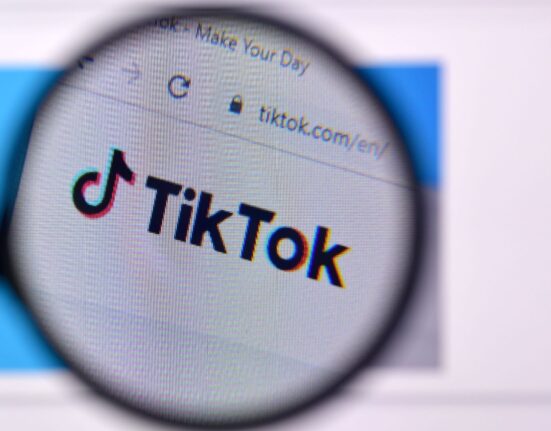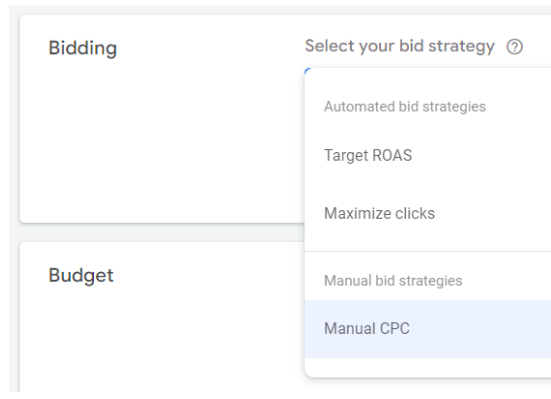The evolution of AI technology is transforming how businesses operate, and nowhere is this shift more evident than in marketing. What started as simple chatbots has now evolved into sophisticated AI agents, marking a pivotal moment for marketers. Events like Dreamforce and Inbound are shining a spotlight on AI agents, showcasing how they are reshaping processes and redefining efficiency. As companies invest trillions into AI infrastructure, the focus is on creating versatile products and services, while marketers look to streamline operations and maximize cost savings.
What Exactly Are AI Agents?
AI agents are much more than just chatbots. Yes, they can handle conversations and basic customer service tasks, but their true potential lies in their ability to tackle a wide range of activities. From generating detailed reports to optimizing prices or acting as intelligent shopping assistants, AI agents can manage complex tasks that require a degree of decision-making.
In fact, it’s like using a jet to run errands—while they can perform simpler functions, AI agents are designed for more advanced roles. The ability to automate repetitive, predictable tasks with precision makes them invaluable for marketers trying to save time and boost productivity.
The Rise of AI Agents: Why Now?
With advancements in AI and machine learning, creating AI agents has never been easier for marketers. Platforms like Salesforce’s Agent Builder and HubSpot’s Agent.AI offer pre-made modules, enabling marketers to quickly deploy AI solutions without extensive technical know-how. This accessibility is a game-changer, helping marketers enhance operations by automating tasks like customer service, content generation, and data analysis.
But the ease of creation poses a new challenge: differentiation. As more companies adopt AI, the lines between AI tools become blurred, leading to what many refer to as the commodification of AI.
The Commodification of AI: Opportunity or Threat?
As AI becomes more standardized, the risk of commodification grows. When all AI tools perform similarly, they start to lose their unique value, making price the main differentiator. For marketers, this is an advantage—it means more access to advanced tools at competitive prices. But for AI providers, it’s a significant challenge.
Companies are pouring vast resources into AI, with Goldman Sachs predicting over $1 trillion in AI infrastructure investment in the coming years. The real question is: What problem will AI solve that justifies this massive investment?
The answer lies in specialization and innovation. As AI becomes more common, the winners in the space will be those who offer tailored, innovative solutions that go beyond basic automation.
AI in Marketing: A New Era
The emergence of AI agents offers marketers an unprecedented opportunity to save time, cut costs, and streamline operations. By automating mundane, repetitive tasks, AI agents free up time for marketers to focus on strategy, creativity, and building deeper customer relationships. The commodification of AI may challenge the industry, but it also promises more affordable and accessible solutions for businesses of all sizes.
As AI continues to evolve, marketers must stay agile, leveraging these advanced tools to drive efficiency and innovation in an increasingly competitive landscape. The future of AI is here—and it’s changing the game.









Leave feedback about this